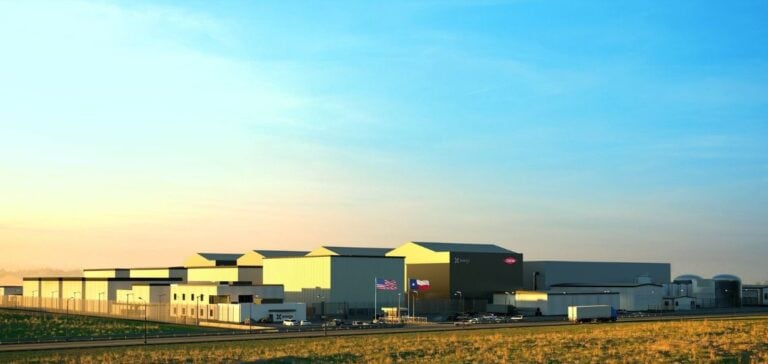X-energy’s Plant Support Center (PSC) represents a significant step forward in the training of nuclear power plant operators. Capable of training up to 52 operators simultaneously, the PSC program uses virtual and simulated environments to provide essential hands-on experience.
Innovation at the heart of training
The control room simulator is the core element of the PSC, faithfully reproducing the environment of a real plant control room. Designed with automated digital systems, it aims to improve operator experience and increase cost efficiency. This technology is the result of years of collaboration with U.S. Department of Energy programs, including Advanced Reactor Concepts 2015, ARPA-E, and the Advanced Reactor Demonstration Program.
The Xe-100: A nuclear revolution
The Xe-100, a high-temperature gas-fired reactor, represents a major breakthrough in the nuclear power sector. X-energy announced at the end of 2022 that it had completed the prototype of the key safety system for this type of reactor. Capable of producing a thermal output of 200 MW (or 80 MW electrical) and using a fuel composed of robust TRISO particles, it was selected by the US Department of Energy in 2020 to receive initial funding. Dow’s site in Seadrift, Texas, was chosen to host the first Xe-100, underlining X-energy’s commitment to innovation and sustainable development.
Preparing for future deployment
The PSC will play a key role in the final development of X-energy’s reactor training program and operating procedures. Before welcoming its first trainees, the center will help validate and improve the system’s human factors engineering and integrated testing. As plants become operational, PSC will use actual performance and operating data to refine training and professional development, envisaging the establishment of additional regional centers to support an expanding fleet of reactors.
X-energy’s initiative in Texas represents a breakthrough in nuclear operator training, incorporating state-of-the-art simulators and digital technologies. This center is paving the way for a new era in nuclear training, aligned with modern needs and technological advances.





















